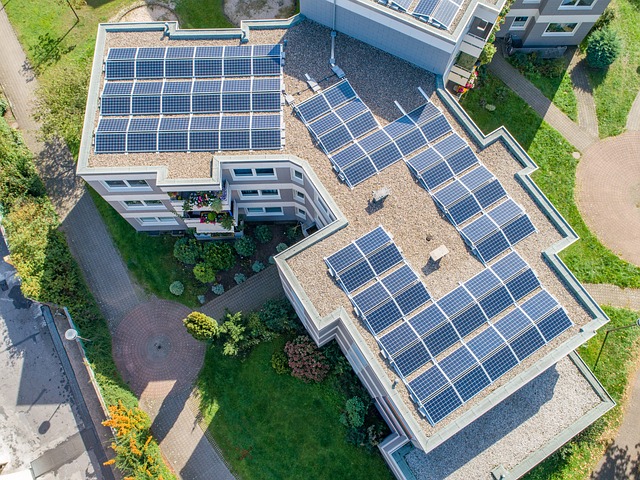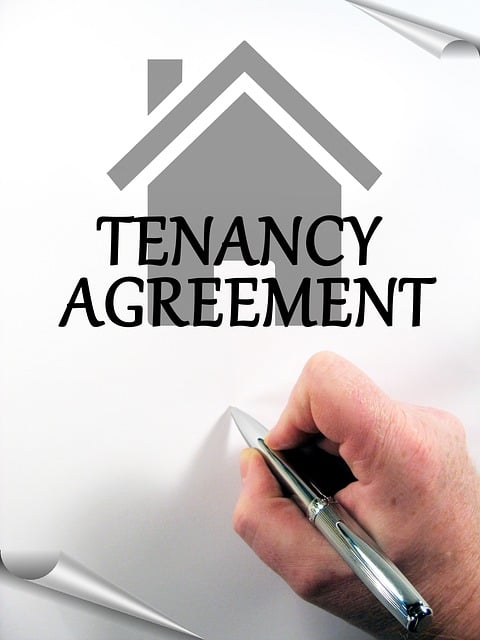Fostering positive landlord-tenant relationships in real estate relies on open communication, clear expectations, and prompt concern resolution. Active listening, transparency, and collaborative problem-solving build trust, leading to a harmonious living environment for both parties.
In the dynamic world of real estate, fostering strong landlord-tenant relationships is key to a thriving rental market. This article explores effective strategies to build positive connections that benefit both parties. From open communication for trust-building to setting clear expectations from the outset, these principles ensure a harmonious environment. Prompt and fair addressing of concerns solidifies respect and mutual understanding. Implement these practices to elevate your real estate game and foster lasting relationships with tenants.
Build Trust Through Communication

In the real estate world, fostering positive landlord-tenant relationships is paramount for a harmonious living environment. One of the cornerstones of this relationship is open and honest communication. Landlords should create channels of consistent dialogue with their tenants, addressing concerns promptly and transparently. This builds trust, encouraging tenants to share their needs and feedback without hesitation.
Effective communication involves listening actively to tenant issues and working towards mutually beneficial solutions. Tenants, in turn, benefit from clear expectations set by landlords, ensuring everyone is on the same page regarding rules, maintenance, and rent payments. Building this foundation of trust enhances the overall living experience, contributing to a thriving and peaceful community.
Set Clear Expectations from Day One

From the moment a tenant signs a lease, it’s crucial to set clear expectations in the real estate sector. This means openly communicating the responsibilities and rights of both parties, ensuring transparency and fostering trust. Landlords should provide detailed information about rent payments, maintenance procedures, and any rules or regulations specific to the property. Tenants, too, must be encouraged to ask questions and clarify expectations, creating a collaborative environment from day one.
By establishing clear lines of communication, landlords and tenants can avoid misunderstandings and conflicts later on. This proactive approach leads to more positive interactions, promoting a harmonious relationship that benefits both parties in the long run, particularly within the dynamic landscape of real estate.
Address Concerns Promptly and Fairly

In any real estate transaction, addressing concerns promptly and fairly is paramount to fostering positive landlord-tenant relationships. When issues arise, whether it’s maintenance requests, rent adjustments, or lease violations, both parties must engage in open communication to resolve them efficiently. Landlords should create a transparent and responsive system for handling tenant complaints, ensuring that each concern receives due consideration within a reasonable timeframe.
Fairness plays a crucial role here. Tenants appreciate when their landlords listen attentively, acknowledge their issues, and propose solutions without bias. Similarly, landlords benefit from tenants who express their needs respectfully and provide clear explanations of the problems they’re facing. This collaborative approach fosters mutual respect and understanding, strengthening the bond between landlord and tenant in the dynamic real estate landscape.






